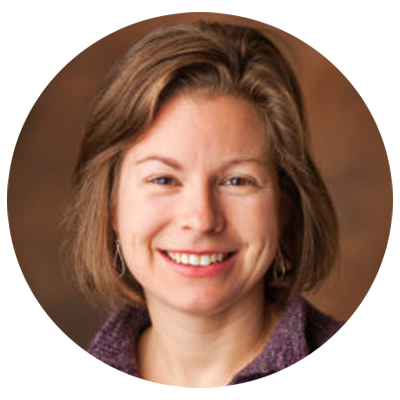
Call the Midwife is back for its ninth season and so are the faculty of the Vanderbilt University School of Nursing with a weekly guest blog. Watch the show Sundays at 7 p.m. through May 17, then read our blog each Monday morning for historical and contemporary context about the previous night’s episode. SPOILER ALERT: Some posts may contain plot details.
Nearly 20 years ago I entered nursing school to become a nurse-midwife, determined and thrilled to take on a profession with an ancient history, a tradition of service and a role to play in solving crucial public health problems. I was ready to learn anatomy and physiology by studying cadavers. I was prepared to struggle over statistics coursework. I knew that I’d encounter body fluids of every variety. What surprised me was that midwifery has another dimension, beyond medical science.
We midwives enter into incredibly intimate moments and spaces in other people’s lives. We encounter that intimacy in the labor room, of course, but also behind the closed door during a prenatal appointment or on the phone in the wee hours. We witness a woman’s grief, her worries, her admirable strength.
In Sunday’s episode of Call the Midwife, we see three of the midwives accompany patients and colleagues through intimate experiences of sacrifice and self-denial. (For comic relief, we also see Fred in a daily struggle to abstain from cake.) We see Valerie (Jennifer Kirby) spend weeks supporting an extended family as they cope with their matriarch’s serious medical diagnosis. As the family expects a second baby, they also confront a frightening cluster of symptoms, rejoice in a good prognosis, and acknowledge that the grandmother can no longer offer the full-time care that kept their family functioning. The family sacrifices a new home in order to foster mutual caregiving between the generations.
Also in this episode, we see Nurse Crane comfort a friend who has been denied the love she thought would finally come in old age. And Sister Julienne (Jenny Agutter) tries to rescue and redeem Tina Atkins, (Georgia Henshaw) a young woman who surrenders her children for adoption.
The work of midwives is guided by “hallmarks,” statements of belief that we share and stand on. Call the Midwife often shows these hallmarks in action. One hallmark of midwifery is providing family-centered care and facilitating healthy family relationships. In this episode, Valerie offers midwifery care that recognizes the needs of the entire family, care far beyond treating an elevated maternal blood pressure reading. Sister Julienne tries to reunite Tina’s family hoping this latest pregnancy will transform her into a good mother to all three of her children.
The little stories of this episode could be straightforward medical drama: a mysterious liver disease; an asymptomatic ectopic pregnancy; a heart attack. But because this is midwifery care, we’re offered a full, rich human drama, going along with Valerie, Nurse Crane and Sister Julienne as the enter the families, histories and hopes of their patients.

Kate Virostko, MSN, CNM, is a member of the Vanderbilt Nurse-Midwives & Primary Care for Women at Melrose, the clinical practice of the Vanderbilt University School of Nursing.
